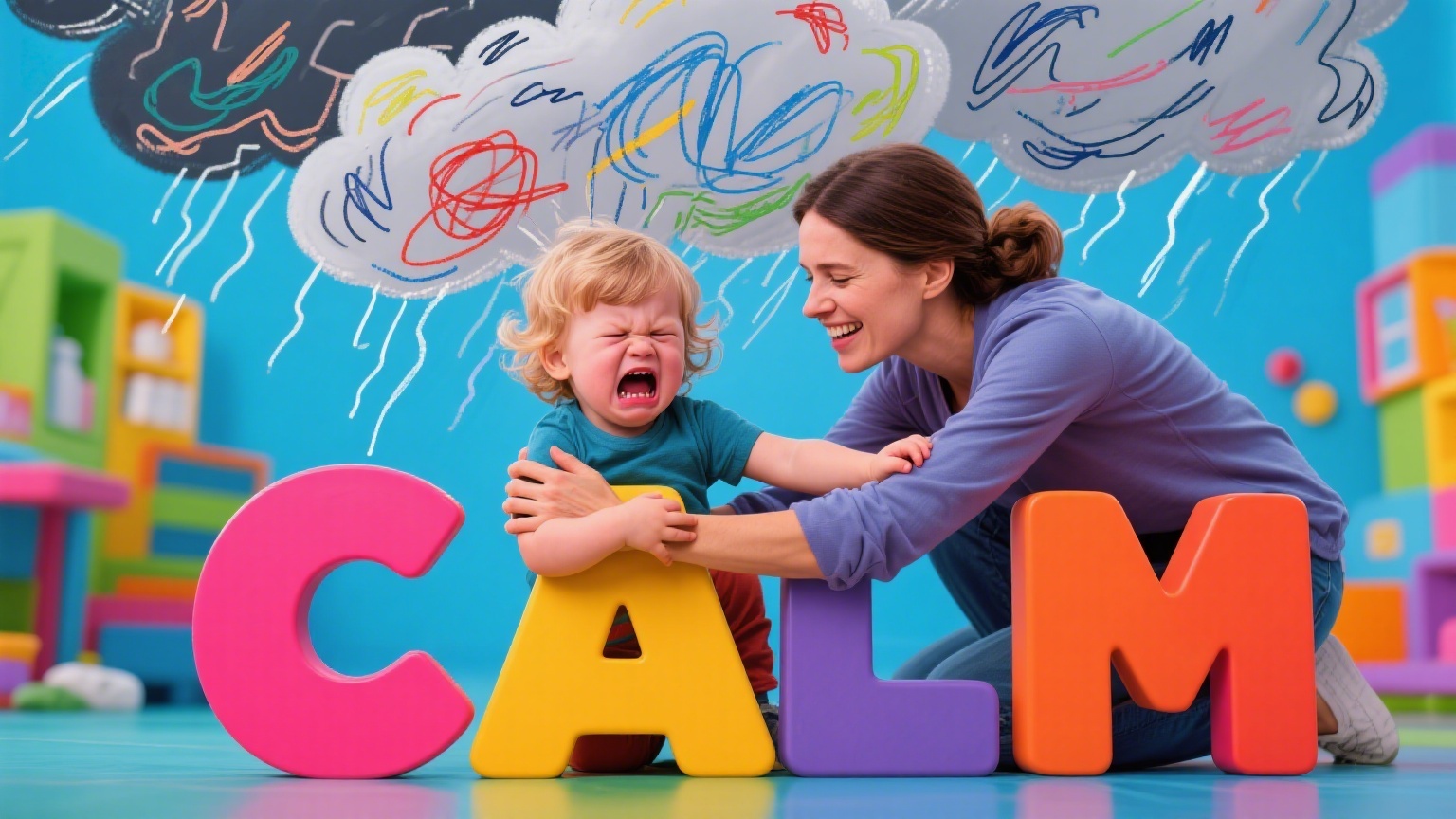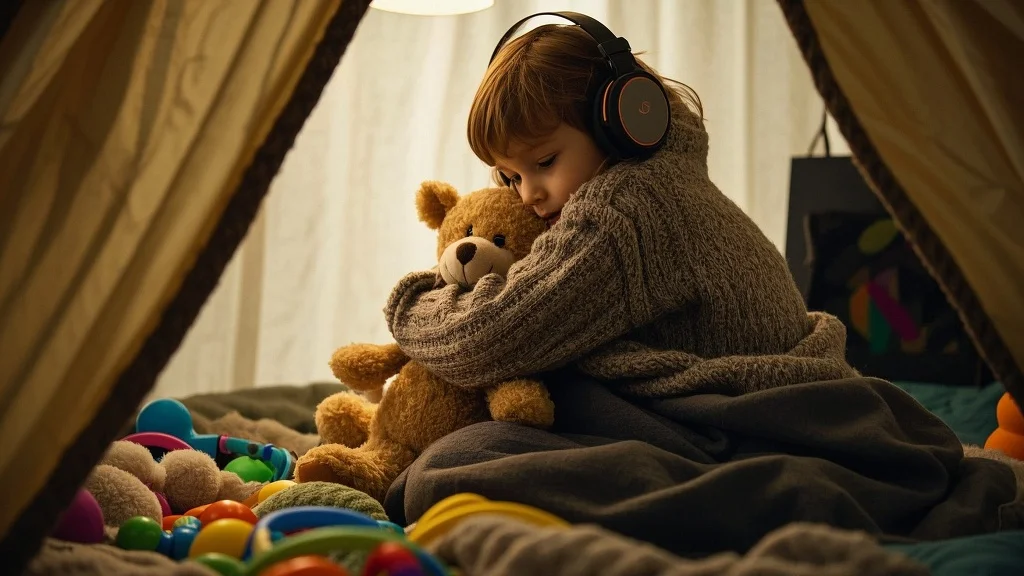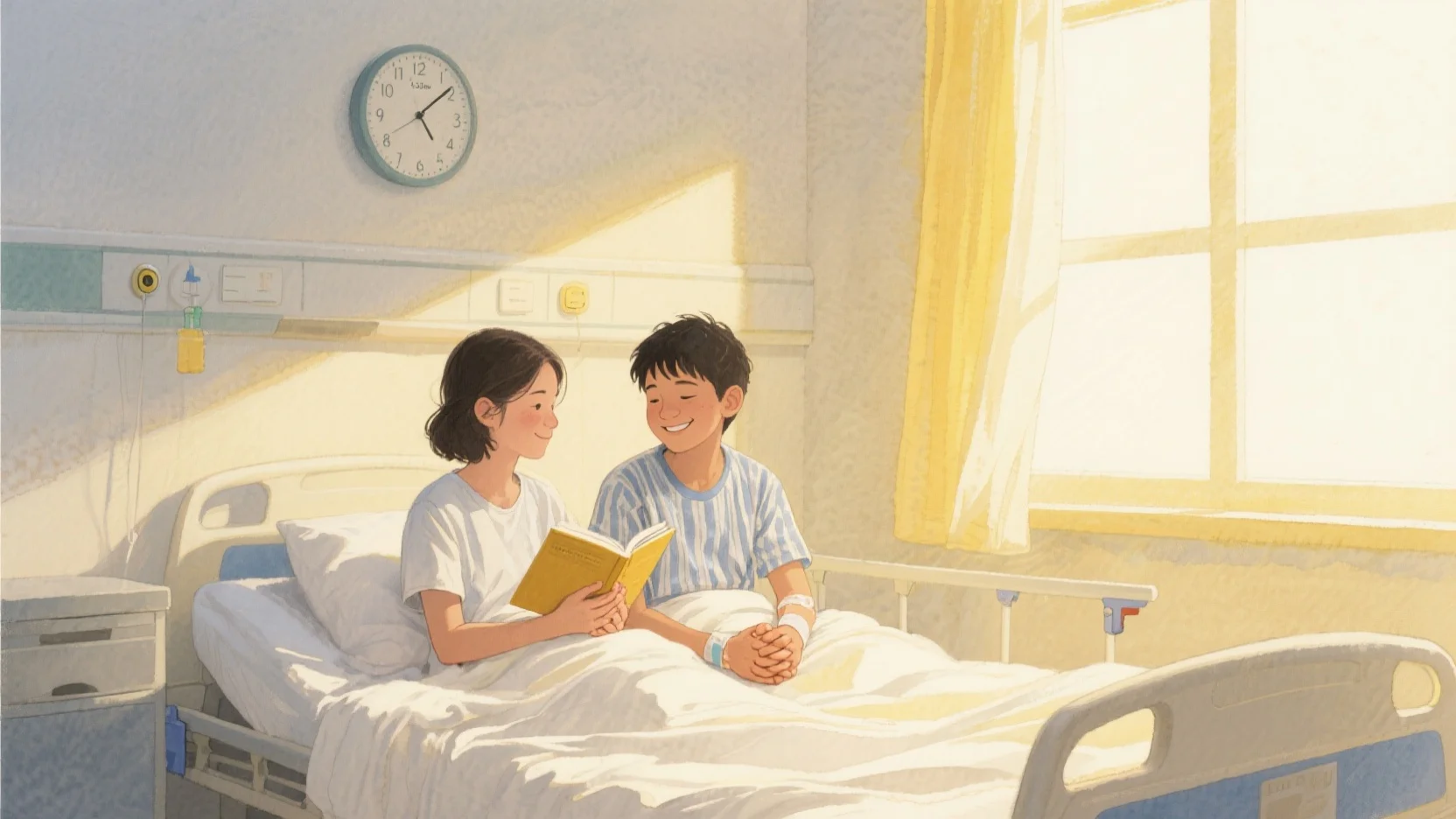Why Do Toddlers Get Physically Agitated?
Young children often express frustration through tantrums because they lack the verbal skills to communicate their emotions. Their anger stems from feeling powerless—whether it’s leaving the playground, being told “no,” or facing limits.
Key Insights:
- Anger is a normal part of emotional development.
- The pandemic heightened physical outbursts for some kids due to confinement.
- Teaching healthy anger management now builds lifelong coping skills.
6 Anger Management Strategies for Kids
1. Validate Their Feelings
✅ Do:
- Name the emotion: “I see you’re angry because we have to leave the swings.”
- Normalize it: “It’s okay to feel mad. Everyone gets upset sometimes.”
❌ Avoid:
- Dismissing (“Stop overreacting!”) or punishing the emotion.
Why It Works: Helps kids feel understood, reducing shame around anger.
2. Teach Emotional Vocabulary
- Model phrases: “I feel frustrated when…” or “Can you use words to tell me what’s wrong?”
- For toddlers: Use simple words like “mad,” “sad,” or “hurt.”
Pro Tip: Read books about emotions (“The Color Monster” is great!).
3. Offer Alternatives to Hitting/Yelling
- For physical aggression: “Hands are for hugging, not hitting. Let’s squeeze this stress ball instead.”
- For tantrums: Guide them to stomp feet, punch a pillow, or draw their anger.
4. Slow Down & Problem-Solve
Instead of an instant “no”:
- Pause: “You really want that toy. Let’s talk about it.”
- Offer choices: “We can’t buy it today, but we can save up or find something similar at home.”
Bonus: Distraction (“Look at this cool sticker book!”) works wonders for young kids.
5. Create a Calm-Down Space
- At home: Set up a cozy corner with soft toys, books, or calming jars.
- In public: Move to a quiet spot (“Let’s take a break near the trees.”).
Script: “When you’re ready, we’ll try again.”
6. Set Clear Limits
- “Being angry is okay, but hurting others isn’t.”
- Follow through: If hitting happens, stop playtime and revisit the rule.
When to Seek Help
Consult a pediatrician or child psychologist if:
- Aggression persists past age 6–7.
- Tantrums last over 20 minutes frequently.
- Your child harms themselves or others.
Final Thought
”Anger is like weather—it passes when given space. Our job isn’t to stop the storm, but to teach kids how to dance in the rain.”
Discussion Prompt: What’s your go-to tantrum tamer? Share your wins below! 👇








